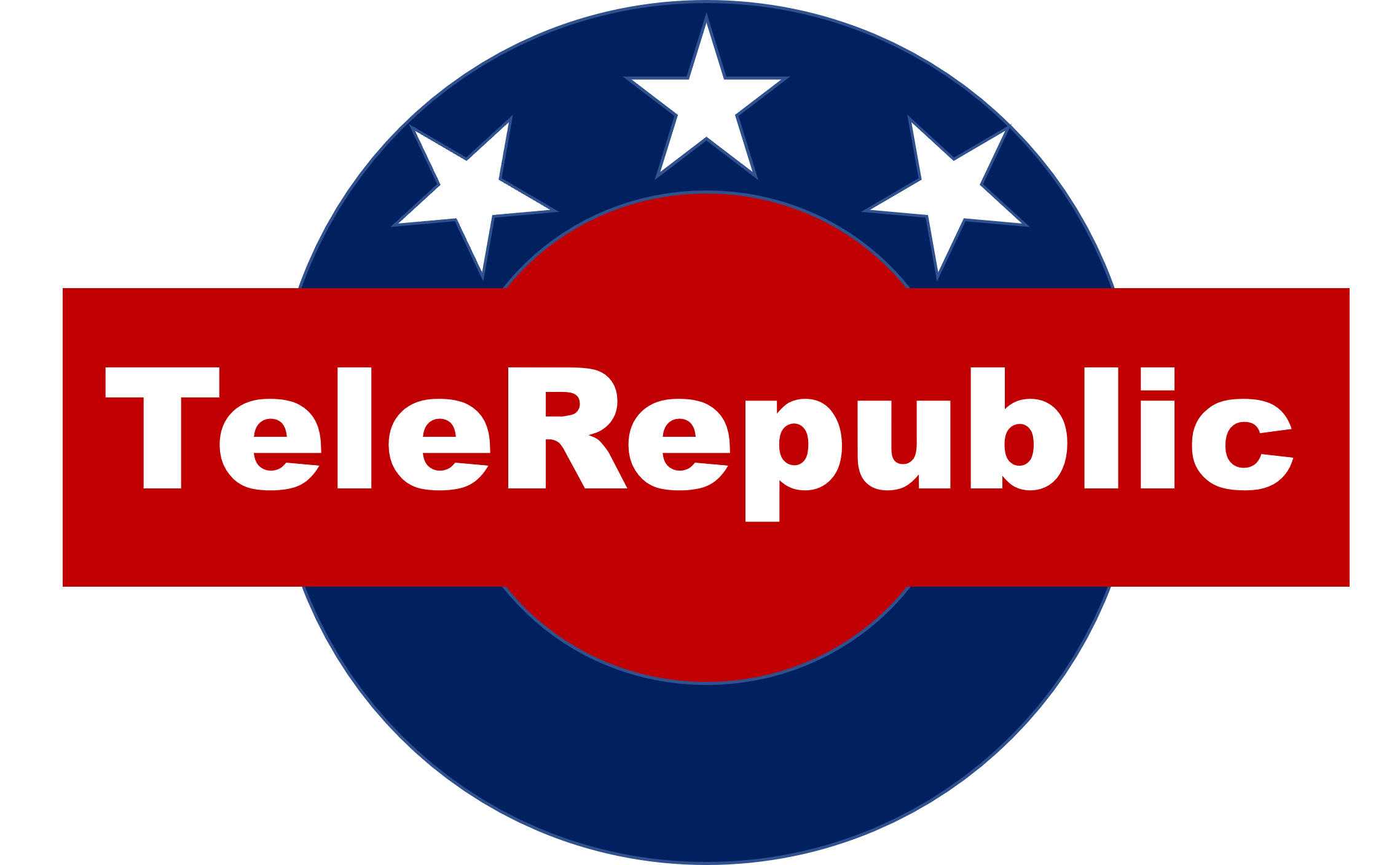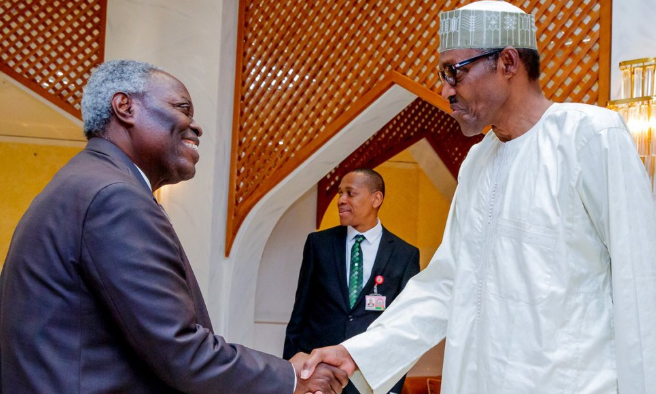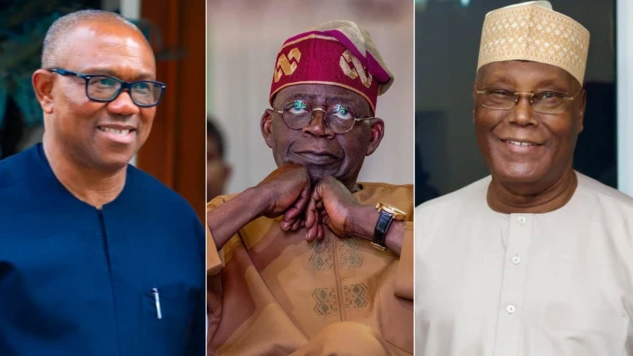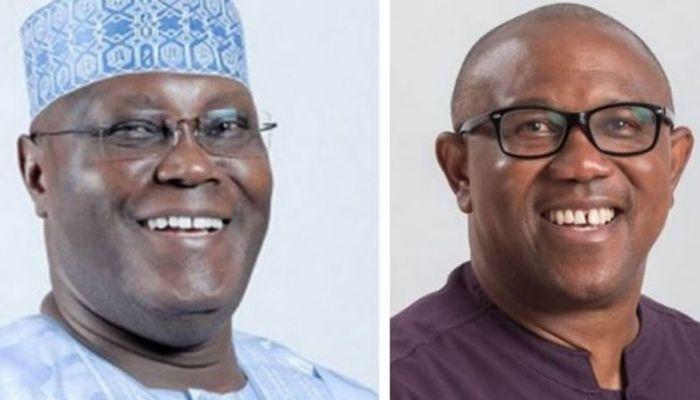In the intricate web where faith and politics intersect, the role of religious leaders transcends mere spirituality, influencing the collective values of a society. Pastor William F. Kumuyi, a revered figure at the helm of the Deeper Christian Life Ministry, occupies a position of immense influence and moral authority. Yet, recent revelations about his support for controversial politicians, including Bola Ahmed Tinubu and his cabinet members, have ignited a fervent debate about the alignment of faith with political choices.
The path taken by Pastor Kumuyi is fraught with contradictions that challenge the very foundations of trust that the public places in spiritual leaders. A glaring instance emerged in 2015, when he proclaimed that the presidency of Muhammadu Buhari and Yemi Osinbajo was divinely ordained. This declaration set the stage for an alliance that would eventually witness more unfolding narratives of support and prophecies for the Buhari administration.
Fast forward to 2017, and Pastor Kumuyi’s words echoed again – this time he spoke of God providing Buhari with solutions to Nigeria’s pressing problems. The anticipation and hope that accompanied these proclamations were immense, echoing throughout the nation as citizens eagerly awaited the transformation promised by their leaders. However, reality would later reveal a starkly different tale.
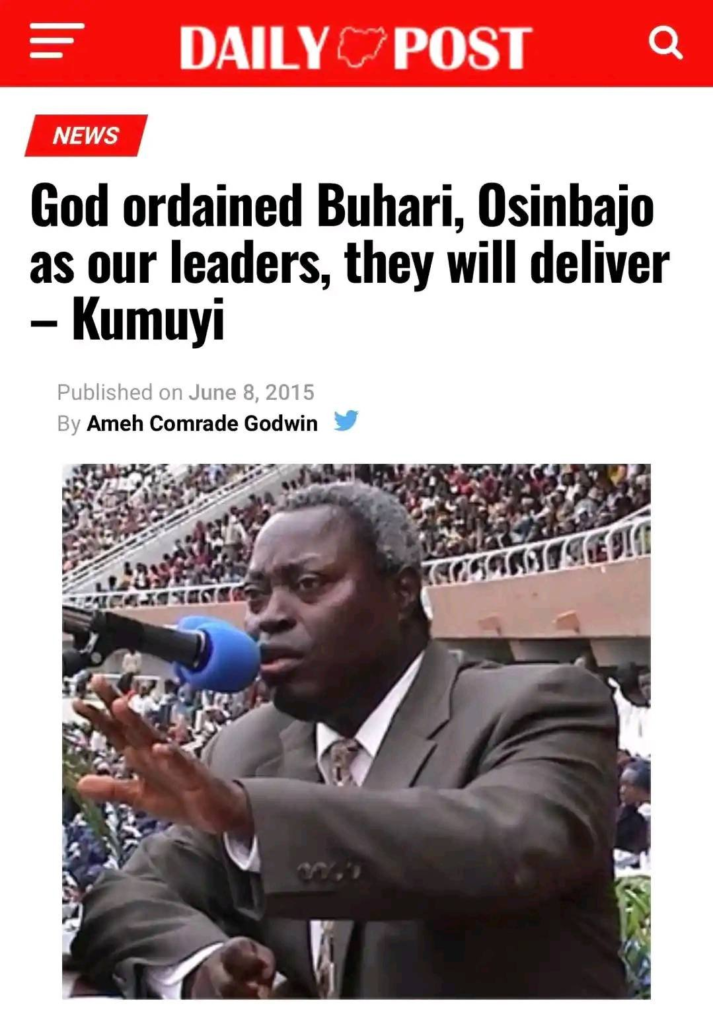
The Buhari administration that followed proved to be a challenging chapter in Nigeria’s history. It was marred by brutal killings, escalating violence, and a colossal economic downturn that afflicted all corners of the nation. The dreams of transformation turned into disillusionment, and the nation grappled with the aftermath of unmet expectations. The stark contrast between the promises heralded by Pastor Kumuyi’s words and the harsh reality faced by the citizens raises critical questions about the role of spiritual leaders in shaping political destinies.
One of the most alarming aspects of this narrative is the association with figures like Bola Ahmed Tinubu and his cabinet members, some of whom carry the weight of criminal records. Tinubu, a central figure in Nigerian politics, has faced allegations of drug trafficking, certificate forgery and other unsavory practices. The endorsement of such politicians by a religious leader carries a profound impact, not just on the political landscape but also on the moral fiber of the nation.
Furthermore, the endorsement of a political leader by a respected religious figure can sway public perception and, consequently, the course of democracy. Nigeria’s vibrant democracy relies on the engagement of informed citizens making choices that align with their values and aspirations. The intervention of a religious leader, particularly one as influential as Pastor Kumuyi, has the potential to tip the scales in directions that may not genuinely reflect the people’s will.
In a society grappling with complex challenges, from corruption to insecurity, the alignment of faith and politics should ideally manifest as a force for progress and upliftment. The path taken by Pastor Kumuyi stands as a stark reminder that religious leaders must tread cautiously when navigating these realms, upholding values that transcend political dynamics and align with the true aspirations of the citizens they serve.
The disparities between proclamations and outcomes raise questions about the role of religious leaders in shaping political landscapes and the potential ramifications of such alliances. The nation’s fate, after all, is far too precious to be influenced by anything but the genuine will of its citizens.
